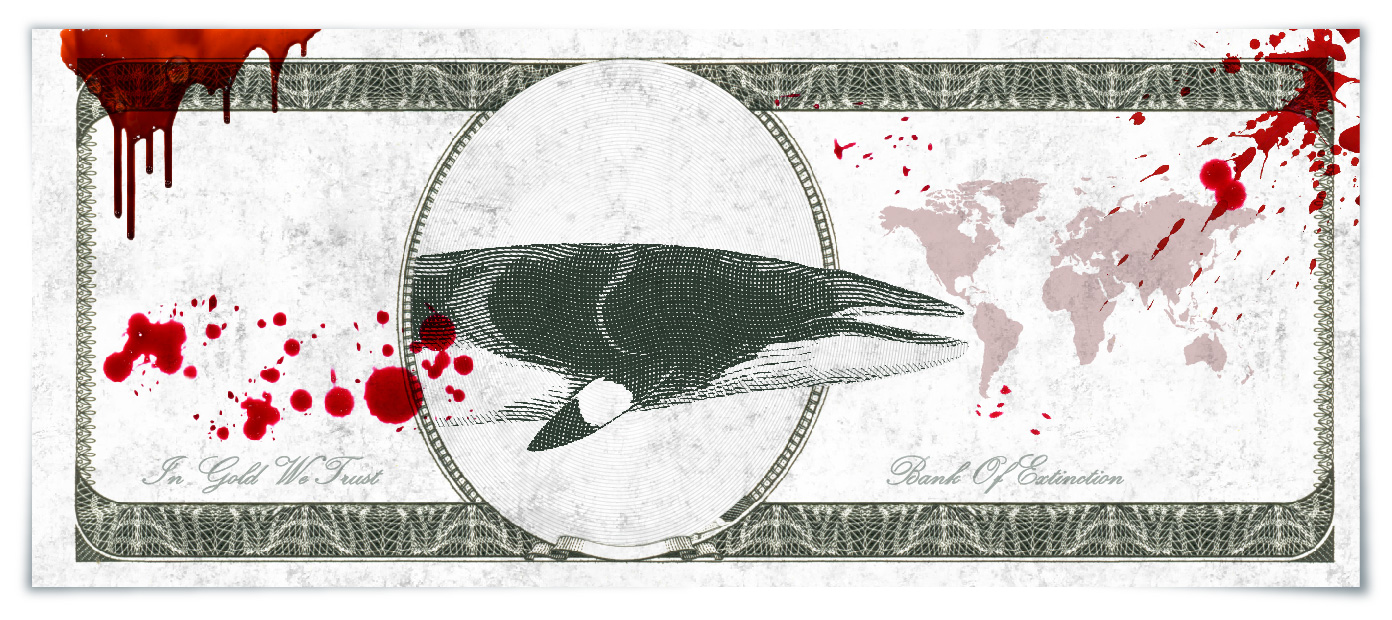International Whaling Commission
Press release n°1
The International Whaling Commission (IWC) has been in great financial difficulty since Japan’s withdrawal in 2019. The suspension of payments is for 2025. Three options are in the pipeline to redress the balance, and Option No. 2 could prevail. It involves reducing costs and increasing annual contributions by 5%. France, which claims to be at the head of the world’s second largest maritime domain, and as such has a major responsibility in the management of whales, pays 70,000 € in annual contributions to the IWC. It is graciously considering increasing its contribution by 5%, or 3,500 €/year. 10% or 7,000 € would be too much and risk irreversibly increasing the nation’s deficit.
Option 2 is minimum wage for whales. It implies a reduction in the work of the Scientific Committee, whose mission is to evaluate populations species by species in the northern and southern hemispheres, make an inventory of the threats to whale communities, analyze the effects of artificial noise, historical and emerging pollutants, industrial fisheries and maritime traffic, and to recommend remedial and avoidance measures. The IWC has its finger on the pulse of whales.
If, for example, the 22 European Union member States of the IWC and other member States such as Monaco, the United States, Australia, New Zealand, Chile, Brazil, China, Switzerland, South Africa, the United Kingdom and Oman were to increase their annual contributions by 15%, the role of the IWC would be consolidated and perpetuated, and the Scientific Committee could continue its work full-time and serenely on the benefits that whales, from cradle to grave, provide to ecosystems and humanity(1).
From October 17 to 21, 2022, the 68th plenary session of the IWC will meet in Portoroz, Slovenia. Robin des Bois, observer since 1986, is present.
(1) On Whales and their Usefulness, April 2010
https://robindesbois.org/wp-content/uploads/Of_whales_and_their_Usefulness-1.pdf
Illustration Billet “Bank of Extinction” Julien Perreaut, from the “Atlas du Business des Espèces Menacées” written by Robin des Bois published on October 9, 2019 by Editions Arthaud.
 Imprimer cet article
Imprimer cet article










